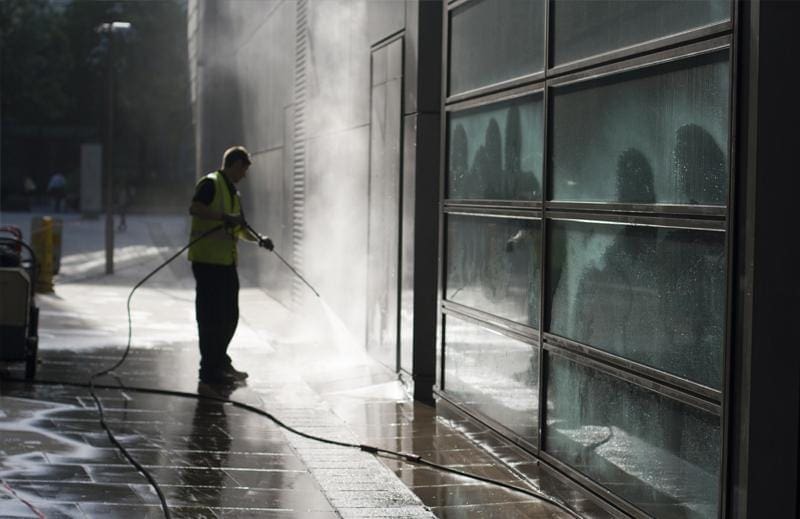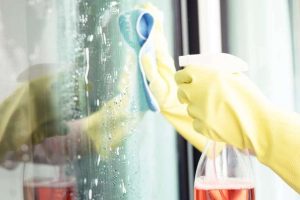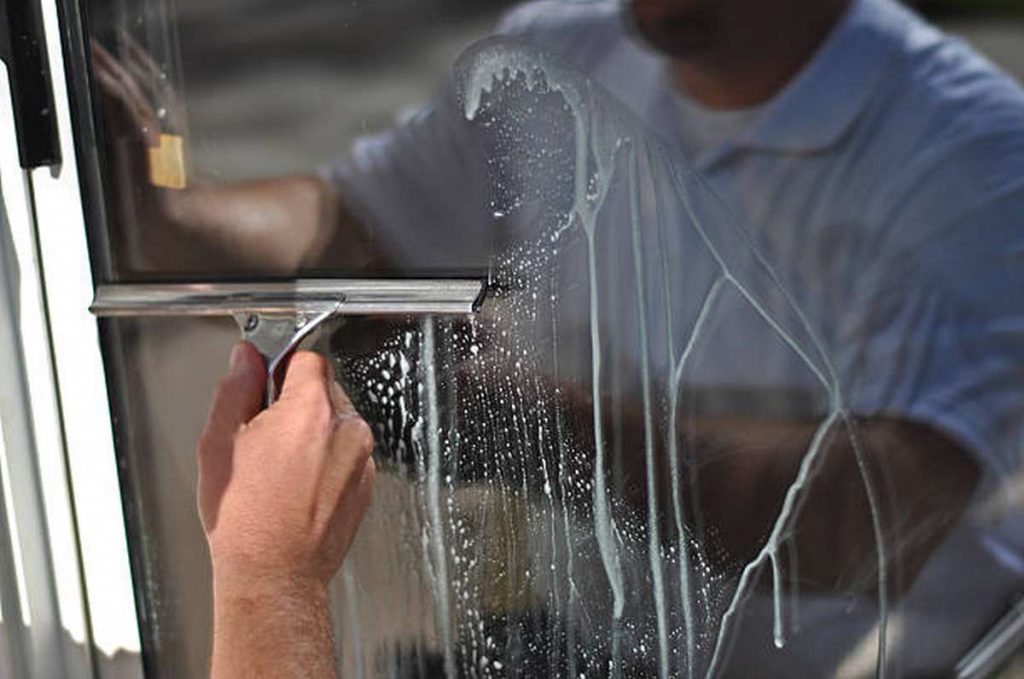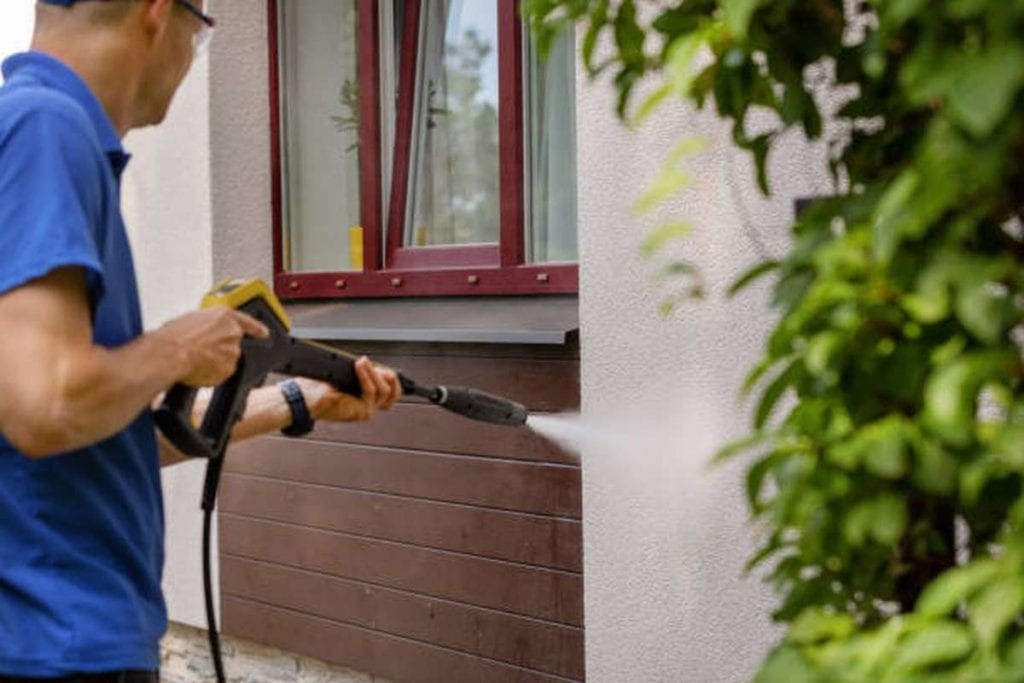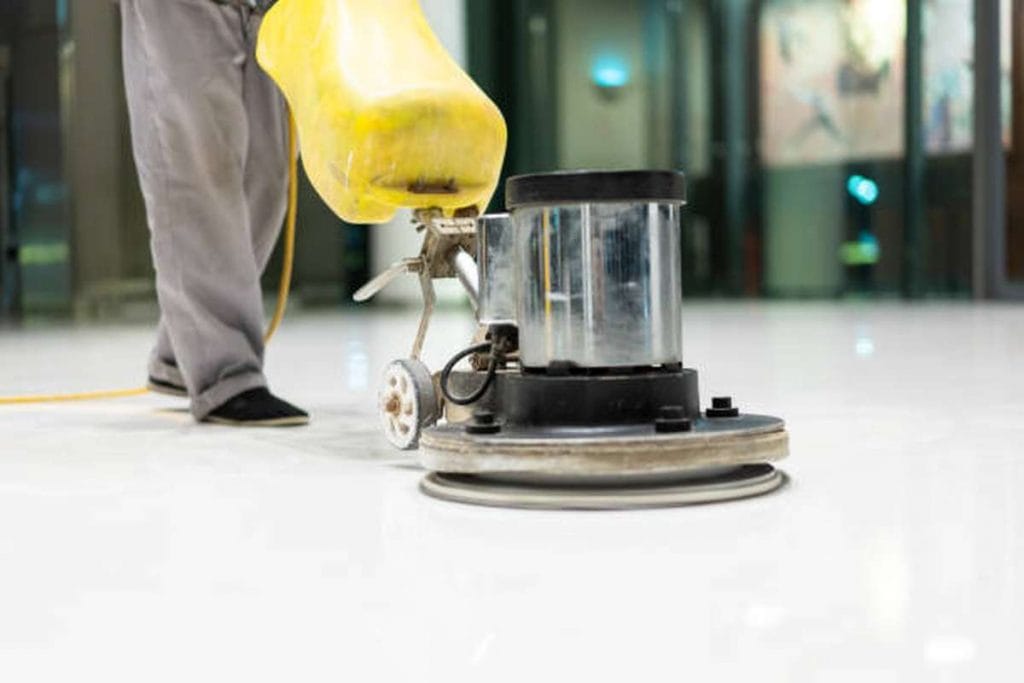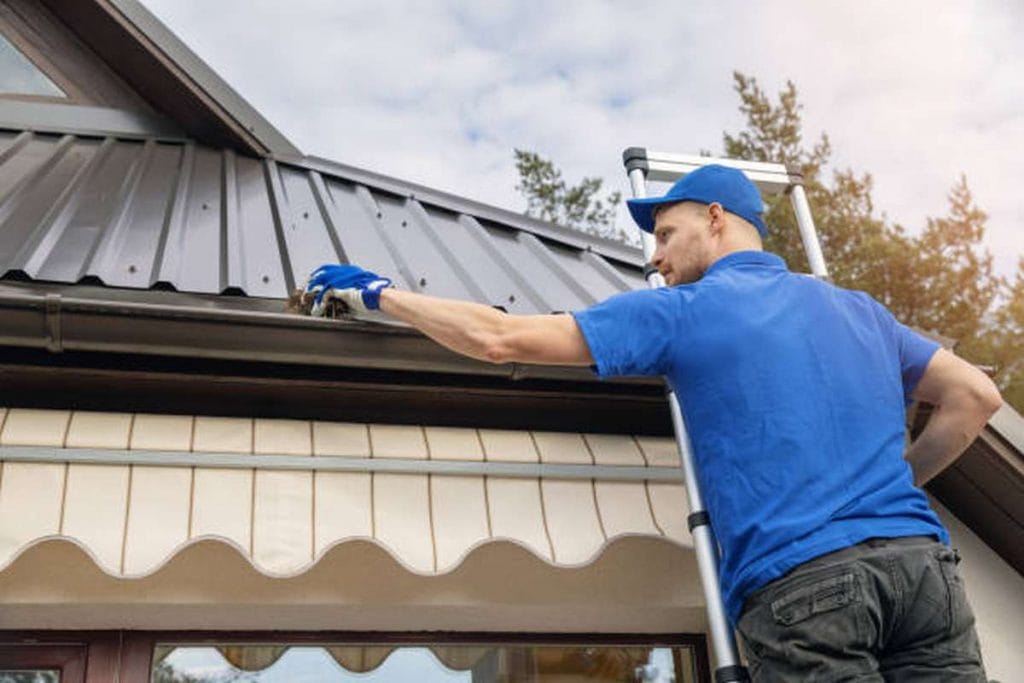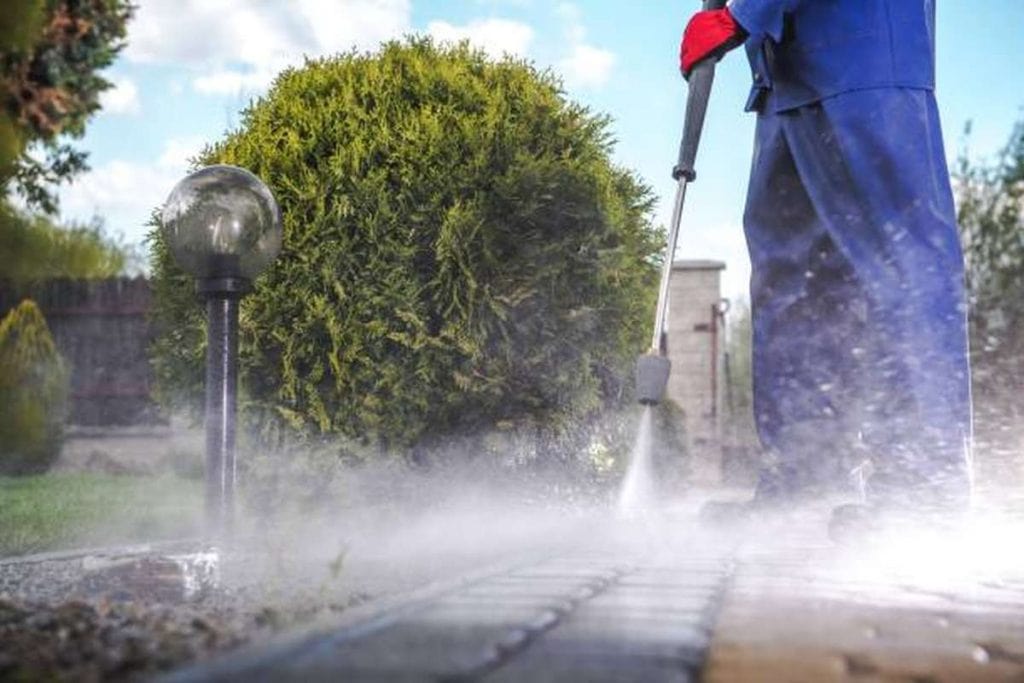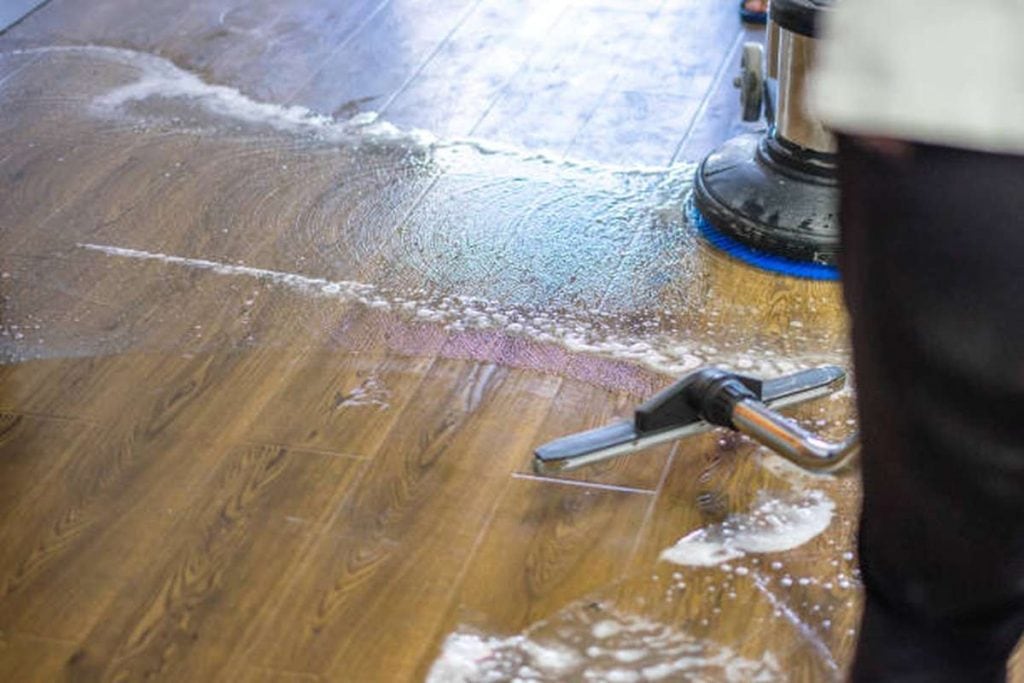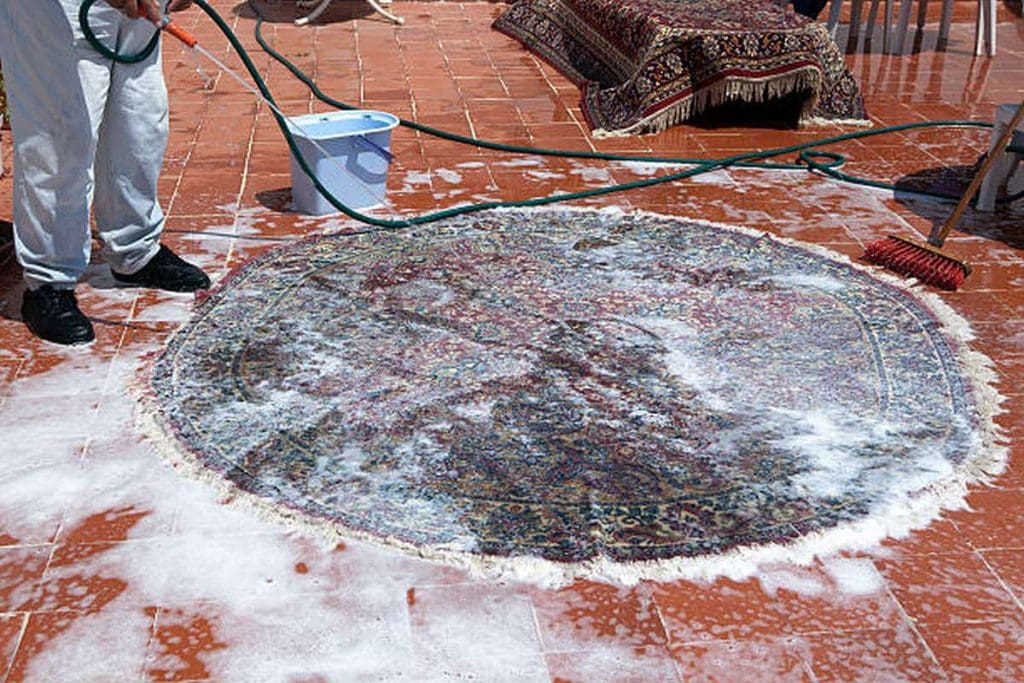Maintaining a clean and organised office is essential for creating a productive work environment and projecting a professional image to clients and visitors. Arranging office cleaning, however, involves more than just a sporadic tidy-up; it requires a systematic approach to ensure that all areas of your workspace receive the attention they need. This guide will walk you through the steps to arrange efficient, thorough office cleaning tailored to your business needs.
Setting the Scene: The Importance of a Clean Office
A clean office is the stage upon which your business performs daily. It's not merely about aesthetics; it's a fundamental component that impacts productivity, health, and the overall image of your company. Setting the scene with a clean and organised office can have far-reaching implications for employees and clients. Here's why prioritising office cleanliness is crucial for any business.
Firstly, a well-maintained office creates a welcoming atmosphere for everyone who walks through the door. It's the first impression that clients and potential hires have of your company, and it sets the tone for business interactions. A space free of clutter and dirt reflects a company's attention to detail and commitment to excellence.
Moreover, cleanliness has a direct correlation with employee health and well-being. Offices are communal spaces where germs can easily proliferate, leading to increased sick leave and decreased productivity. Regular cleaning reduces the spread of illnesses, ensuring a healthier workforce. It also contributes to mental health; a clean office can reduce stress and foster a positive work environment, enhancing focus and efficiency.
The importance of a clean office extends to the preservation of assets and resources. Regular upkeep can prevent wear and tear on office furniture and equipment, extending their lifespan and saving on costs in the long run. It also helps avoid more significant maintenance issues that can arise from neglect.
In an era where the concept of a workspace continually evolves, cleanliness remains a constant priority. Whether it's an open-plan office, a series of cubicles, or a co-working space, maintaining a high standard of cleanliness is a non-negotiable aspect of modern business etiquette.
A clean office is more than just a neat space; it reflects a company's culture and values. It's an investment in the health and productivity of your team and a testament to the professionalism your business upholds. As we delve deeper into the nuances of office cleaning, remember that it is an essential element that deserves meticulous attention and care.
Determining Your Office Cleaning Needs: A Tailored Approach
Every office has its unique rhythm and requirements regarding cleanliness and maintenance. Determining your office cleaning needs is not a matter of one-size-fits-all but rather a tailored approach that considers various factors unique to your workspace. Here's how to assess and determine the cleaning regimen that aligns perfectly with your office's needs.
Assessing the Workspace
Begin by evaluating the layout of your office. An open-plan area may have different cleaning demands than a traditional cubicle setup or private offices. High-traffic zones like entrances, lobbies, and conference rooms require more frequent attention. In contrast, areas like server rooms or archives might need specialised cleaning services to handle sensitive equipment or materials.
Employee Health and Safety
A key component of your cleaning needs is the health and safety of your workforce. This involves regular sanitisation of common areas, restrooms, and personal workstations, especially due to health concerns raised by events like the COVID-19 pandemic. The cleaning products should be effective yet safe without causing harmful side effects or discomfort.
Company Culture and Client Impressions
Your office cleanliness also communicates volumes about your company's culture and values. If client meetings are frequent, pristine conditions in meeting rooms and guest areas become a priority. On the other hand, a company that values sustainability might prioritise eco-friendly cleaning practices and products.
Frequency and Timing
The operational hours of your office play a crucial role in scheduling cleaning services. Cleaning can be disruptive, so it often needs to happen during off-hours or in designated time slots to minimise impact on work. The rate of office use and occupancy levels will also influence the frequency of cleaning.
Budget Considerations
Financial resources allocated for cleaning services will also dictate the extent and frequency of cleaning tasks. It's important to balance financial constraints with the necessity for a clean environment, looking for efficient and cost-effective cleaning solutions.
Special Requirements
Lastly, assess any special requirements that might be pertinent to your business. For instance, if your company deals with proprietary or confidential information, you may need a cleaning crew that is vetted and willing to comply with non-disclosure agreements.
By taking a tailored approach to determine your office cleaning needs, you can ensure that your workspace is visually appealing and conducive to health, productivity, and a positive business image.
Selecting the Right Office Cleaning Service: What to Look For
Selecting the right office cleaning service is a decision that goes beyond just hiring someone to tidy up your workspace. It's about entrusting a team to maintain your office's cleanliness, health, and image. Here are key factors to consider when choosing the service that best fits your company's needs:
Reputation and Reliability
- Track Record: Look for a reliable cleaning service and a high-quality work history. Online reviews, testimonials, and feedback from other businesses can provide insights into their reputation.
- References: Don't hesitate to ask for references. A reputable company will have no problem providing contact details for existing clients who can vouch for their services.
Compliance and Certifications
- Insurance: Ensure the cleaning service has liability insurance to protect against potential damages or accidents during cleaning.
- Certifications: Check if they hold industry-specific certifications that indicate adherence to certain standards and practices.
Workforce Credentials
- Background Checks: Confirm that the company conducts thorough background checks on their employees to maintain security in your office.
- Training: Well-trained cleaning staff will work more efficiently and handle your office equipment and facilities with care.
Customisation and Flexibility
- Tailored Services: The cleaning service should be willing to tailor their offerings to fit your specific needs and schedule, not force you into a one-size-fits-all package.
- Adaptability: They should be able to adapt to any changes in your cleaning requirements or schedule as your business evolves.
Cleaning Practices and Products
- Quality of Products: Inquire about the cleaning products used. Non-toxic, eco-friendly options can be a big plus for the health of your office and the environment.
- Innovation: A company that invests in the latest cleaning technology may offer more effective and efficient cleaning solutions.
Communication and Customer Service
- Responsiveness: A good cleaning service will have clear, open lines of communication, responding promptly to any queries or concerns you have.
- Account Management: Some services provide a dedicated account manager, which can ensure a smoother service and quicker resolution to any issues.
Cost vs. Value
- Transparent Pricing: The service should offer transparent pricing without hidden fees, providing detailed quotes explaining your pay.
- Value for Money: Rather than just going for the cheapest option, consider the value for money. An effective, communicative cleaning service can be worth the extra investment.
Choosing the right office cleaning service means finding a partner to work with you to maintain a clean, healthy, and productive work environment. By focusing on these factors, you can select a service that aligns with your office's values and needs, ensuring your workspace is always in top condition.
Scheduling Your Office Cleaning: Timing and Frequency
Scheduling your office cleaning is a strategic exercise that balances the need for a clean work environment with the least disruption to daily operations. The timing and frequency of cleaning services are pivotal decisions that affect not just your office's appearance and hygiene but also your workforce's health and morale. Here's how to approach the scheduling of your office cleaning for maximum efficiency and effectiveness.
Analysing Office Activity
Understanding the flow of activity in your office is the first step in determining a cleaning schedule. High-traffic areas such as lobbies, corridors, and communal kitchens require more frequent attention, while private offices and meeting rooms need less frequent, though still regular, cleaning.
Considering Working Hours
The goal is to minimise the impact on productivity. Therefore, cleaning often occurs during off-peak hours — early mornings, evenings, or weekends. If your office is a 24/7 operation, you may need to schedule cleaning during lower activity periods or shifts to ensure continuous cleanliness without interruption to work.
Frequency of Cleaning
The frequency will vary depending on several factors:
- Size and layout of the office: Larger offices require daily cleaning, while smaller ones may only need services a few times a week.
- Type of business: Some industries have strict regulatory standards that dictate the frequency of cleaning.
- Budget: More frequent services will increase the cost, so align the cleaning frequency with what your budget allows.
Seasonal and Situational Adjustments
Be prepared to adjust the cleaning schedule based on seasonal changes or specific events. For instance, flu season or the current health climate may necessitate more frequent disinfection or an upcoming client visit might require an additional cleaning service to ensure the office is presentable.
Employee Health and Well-being
In the era of heightened health awareness, scheduling regular sanitisation of workstations and communal areas is essential. Consider midday spot cleaning for high-touch areas to maintain hygiene throughout the day.
Trial and Evaluation
Start with a proposed schedule and adjust as necessary. Gather feedback from staff and observe the cleanliness over time to find the perfect balance. A professional cleaning service will be flexible and work with you to find the best schedule.
Clear Communication
Once the schedule is set, communicate it clearly to your staff so they know when to expect cleaners and can prepare their workspaces accordingly. This also helps set proper expectations and reduce any possible inconvenience.
By carefully planning and communicating the timing and frequency of cleaning tasks, you can ensure that your office looks its best and is a hygienic and productive environment for all.
Maintaining Cleanliness Between Professional Cleans: Tips and Strategies
Professional cleaning services lay the groundwork for a spotless office environment, but the challenge often lies in maintaining cleanliness between scheduled sessions. Here are practical tips and strategies to help ensure your workspace remains tidy, hygienic, and always welcoming.
Encouraging Staff Involvement
- Promote a Clean Desk Policy: Encourage employees to declutter their desks at the end of each day, which not only aids in maintaining cleanliness but also helps to protect sensitive information.
- Implement Tidy-Up Times: Designate a specific weekly time for employees to organise their work areas and communal spaces.
Easy Access to Cleaning Supplies
- Stock Up on Essentials: Keep an adequate supply of cleaning products such as disinfectant wipes, hand sanitiser, and glass cleaner readily available for staff use.
- Equip Common Areas: Ensure that kitchens and break rooms have the necessary supplies, like dish soap and sponges, to clean up after meals.
Waste Management
- Regularly Empty Trash Bins: Arrange for someone to be responsible for checking and emptying bins in high-use areas more frequently than the cleaning service schedule.
- Recycling Stations: Set up and label recycling stations to reduce waste and promote eco-friendly practices.
Spot Cleaning
- Immediate Attention to Spills: Encourage a culture where spills and messes are addressed immediately, preventing stains and lingering odours.
- Sanitisation Stations: Place sanitisation supplies in strategic locations, especially during flu season or health crises, to curb the spread of germs.
Clear Policies and Communication
- Cleaning Guidelines: Have clear, written guidelines for maintaining cleanliness, and ensure they are communicated effectively to all staff.
- Feedback System: Create a system where employees can report areas that need attention, ensuring that issues are addressed promptly.
- Client-Facing Areas: Pay special attention to reception areas and meeting rooms, ensuring they are always client-ready.
- Inspect Regularly: Conduct regular walk-throughs to assess the state of cleanliness and address any issues before they become larger problems.
By integrating these practices into the daily routine of your office, you can extend the fresh and orderly atmosphere provided by your professional cleaners, creating a consistently pleasant and productive work environment.
Evaluating the Clean: Post-Cleaning Inspection and Feedback
A thorough post-cleaning inspection is critical in maintaining your office's cleanliness standards. It's about ensuring that the professional cleaning services have met your expectations. Still, it's also about maintaining quality control that supports a healthy and productive working environment. Here's how to approach the evaluation process and provide meaningful feedback.
Developing a Checklist: Create a detailed checklist corresponding to the cleaning specifications agreed upon with the service. This should cover all areas, from floors and carpets to restrooms and kitchen areas, including dusting, vacuuming, trash removal, and surface sanitisation.
Timing the Inspection: Conduct the inspection shortly after the cleaning crew has finished when the work is still fresh. This allows you to catch any oversights or issues that can be quickly rectified.
Paying Attention to Detail:
- Look beyond the general tidiness.
- Check under desks, behind doors, and other out-of-sight areas where dust and trash might accumulate.
- Ensure that high-touch surfaces like doorknobs, light switches, and phones have been properly sanitised.
Using a Grading System: Implement a grading system for each area on your checklist. This can help quantify the cleaning results and provide a clear and objective way to discuss performance with the service.
Providing Constructive Feedback: When issues are found, provide specific and constructive feedback to your cleaning service provider. Photos and detailed descriptions can help clarify your concerns. Remember also to acknowledge when areas are well-cleaned and standards are met.
Regular Reviews: Hold regular review meetings with your cleaning service to go over feedback, discuss any recurring issues, and refine the cleaning process as necessary. This helps build a partnership approach to maintaining standards.
Engaging with Staff: Involve your staff in the evaluation process. After all, they are the ones utilising the space daily. Their input can provide valuable insights into the efficacy of the cleaning protocols.
Continuous Improvement: Use the inspection process as a tool for continuous improvement. Cleaning needs may evolve, and regular evaluations can help adapt the cleaning regimen to match these changes.
By taking a structured approach to post-cleaning inspections and providing clear feedback, you can ensure that your office looks clean and upholds the hygiene standards necessary for a healthy workplace.
Green Cleaning Options: Eco-Friendly Practices for Your Office
Adopting green cleaning practices in the office is not just about making environmentally friendly choices; it's about creating a healthier workplace and contributing to a sustainable future. Here's a look at various eco-friendly practices and options that can green your office cleaning routine.
Choosing Eco-Friendly Cleaning Products
- Biodegradable Ingredients: Opt for cleaning agents that break down naturally and don't harm the environment after disposal.
- Certified Green Products: Look for products certified by reputable environmental agencies, ensuring they meet stringent eco-friendly standards.
- DIY Natural Cleaners: Consider using simple, natural substances like vinegar, baking soda, and lemon for certain cleaning tasks.
Implementing Green Cleaning Techniques
- Microfiber Cloths: Use microfiber cloths that effectively clean surfaces without chemical cleaners.
- Steam Cleaning: Employ steam cleaning for carpets and upholstery, which uses heat and water instead of chemicals.
- Conservative Water Use: Adopt cleaning methods that minimise water waste, such as using damp cloths for wiping surfaces rather than running taps.
Enhancing Indoor Air Quality
- Avoiding Aerosols: Choose pump sprays over aerosols to reduce volatile organic compounds (VOCs) in the air.
- HEPA Filters: Use vacuum cleaners with HEPA filters to trap fine particles and improve air quality.
- Indoor Plants: Incorporate indoor plants that can naturally purify the air, removing common office pollutants.
Training and Awareness
- Staff Training: Educate cleaning staff on eco-friendly practices and the importance of sustainability.
- Awareness Campaigns: Run internal campaigns to raise employee awareness about the benefits of green cleaning.
By integrating these green cleaning options, your office will contribute to the well-being of the environment and offer a safer, healthier space for employees. It's an investment in your company's social responsibility and its future.
FAQs
How often should office cleaning be scheduled?
The frequency of office cleaning depends on several factors, including office size, the number of employees, and the type of business operations. Typically, offices benefit from daily cleaning for common areas and weekly cleaning for less trafficked spaces.
Should I hire a professional cleaning service or use in-house staff for office cleaning?
Hiring a professional cleaning service is generally recommended as they have the necessary tools, training, and expertise to perform a thorough cleaning. However, a combination of in-house upkeep and periodic professional services may suffice for smaller offices or tighter budgets.
What should be included in a basic office cleaning?
A basic office cleaning should include dusting, vacuuming, trash removal, restroom sanitisation, and kitchen/break room cleaning. Depending on the office, it might include window cleaning and floor polishing.
How do I choose the right cleaning company for my office?
Look for companies with good references, robust insurance policies, and a track record of reliability. Ensuring they can accommodate your schedule and cleaning needs is also important.
Are green cleaning services more expensive than traditional cleaning services?
Not necessarily. Many cleaning services now offer green cleaning options at competitive prices. It's worth discussing with potential providers to see if they can meet your eco-friendly requirements within your budget.
How can I ensure the security of my office during cleaning, especially if it's done after hours?
Hire a reputable cleaning company that performs background checks on its employees. Also, ensure a secure process for key holding and that all sessions are logged.
What measures can I take to reduce the cost of professional office cleaning?
You can minimise costs by negotiating a cleaning schedule that focuses on the most important areas, purchasing your cleaning supplies, or reducing the frequency of certain services.
Summary
Arranging office cleaning is a critical task that requires careful planning and consideration. It's not just about keeping your workspace tidy but ensuring the longevity of your office furnishings and the well-being of your employees. By understanding your office's specific cleaning requirements, researching and selecting a suitable cleaning provider, and setting up a schedule that maximises efficiency while keeping costs manageable, you can maintain an office environment that reflects the professionalism and standards of your business. Remember, office cleaning aims to make your space look good and create an atmosphere where productivity thrives, and employees feel comfortable and valued.
FAQs About Pressure Washing
What factors should I consider when scheduling office cleaning services?
Several factors should be considered when scheduling office cleaning services. These include the size and layout of your office space, your specific cleaning needs, and your budget. You should also take into account the frequency of cleaning required, whether it's daily, weekly, or monthly, to ensure your office stays clean and well-maintained.
What services are typically included in an office cleaning package?
Office cleaning packages can vary, but they typically include a range of services such as vacuuming, dusting, mopping, sanitizing surfaces, emptying trash bins, and cleaning restrooms. Some cleaning companies may offer additional services like window cleaning, carpet cleaning, and deep cleaning on a less frequent basis. Be sure to discuss your specific needs with the cleaning service provider to customize your package.
How can I ensure the safety of my office during cleaning?
Safety is a top priority during office cleaning. To ensure the safety of your office, communicate with the cleaning service about any potential hazards, such as sensitive equipment or areas with restricted access. Make sure the cleaning staff is aware of safety protocols, and ask for proof of their insurance coverage in case of accidents or damages. It's also a good practice to schedule cleaning during non-business hours to minimize disruptions.
Can I request eco-friendly or green cleaning products for my office?
Yes, you can request eco-friendly or green cleaning products for your office. Many cleaning services offer environmentally friendly options that use non-toxic, biodegradable, and sustainable cleaning products. If you're concerned about the impact of cleaning chemicals on the environment or the health of your employees, be sure to discuss your preferences with the cleaning service provider. They can tailor their services to meet your eco-conscious needs.
How can I ensure the confidentiality of sensitive information during office cleaning?
Maintaining confidentiality is crucial, especially in offices that handle sensitive information. To ensure the confidentiality of your data during cleaning, consider locking away or securing sensitive documents and equipment before the cleaning staff arrives. You can also establish clear protocols with the cleaning service provider, such as signing non-disclosure agreements or assigning specific staff to clean secure areas only.

